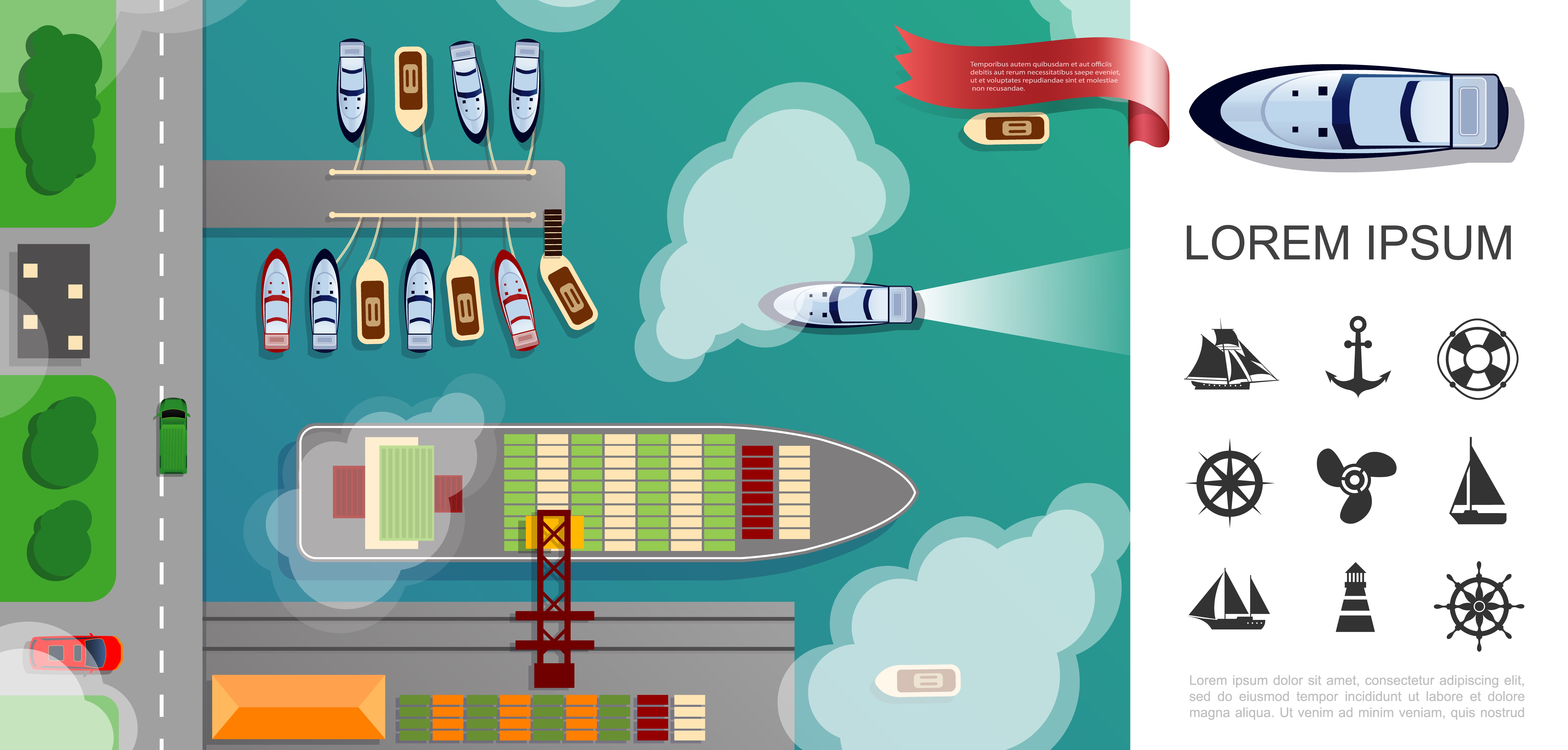We believe that the Shipping industry is going through the biggest change in a century. The current impact that the industry creates in terms of carbon footprint is massive, and this can only be addressed through committed private players who are willing to make an impact and want to stay ahead of the regulatory landscape. We can provide you best advice on the IMO and EU regulatory landscape.
Key facts :
- 53,000 merchant ships trading internationally
-
Carbon Dioxide emissions from Shipping worldwide from 2007 to 2015 has averaged close to 1 Billion metric tons annually. And this accounts for between 2.2 to 2.6% of global emissions.
-
Emissions from international shipping could grow between 50% and 250% by 2050 mainly due to the growth of the world maritime trade
-
IMO has been actively engaged in a global approach to further enhance ship's energy efficiency and develop measures to reduce GHG emissions from ships GHG related data
-
Projected size of Global Electric ship market between 2025 and 2030, is expected to grow to 15.6 billion US$
-
Carbon Dioxide emissions from Shipping worldwide from 2007 to 2015 has averaged close to 1 Bullion metric tons annually.
-
The International Maritime Organisation (IMO) is introducing new regulations for ship energy efficiency - the Energy Efficiency Existing Ship Index (EEXI) and Carbon Intensity Indicator (CII) - which take effect in Jan 2023.
-
EU has launched its “Fit for 55” package of proposals, to reduce the EU’s total GHG emissions by 55% by 2030, as a step towards full EU decarbonization by 2050. Shipping will also face new stringent EU regulations, as a part of this.
We believe that the Shipping industry is going through massive change. The current impact
that
the industry creates in terms of carbon footprint is massive, and this can only be addressed
through committed private players who are willing to make an impact
and want to stay ahead of the regulatory landscape.
GRI reporting standards
The GRI Standards create a common language for organizations of all sizes to report on their sustainability impacts in a consistent and credible way. This enhances global comparability and enables organizations to be transparent and accountable.
The Standards help organizations understand and disclose their impacts in a way that meets the needs of multiple stakeholders. In addition to reporting companies, the Standards are highly relevant to many other groups, including investors, policymakers, capital markets, and civil society.
We at Di-oxides, will help you with managing this reporting, so that you can focus on the business and feel re-assured about being compliant as well as have a clear view of your sustainability efforts.
SEAS membership






